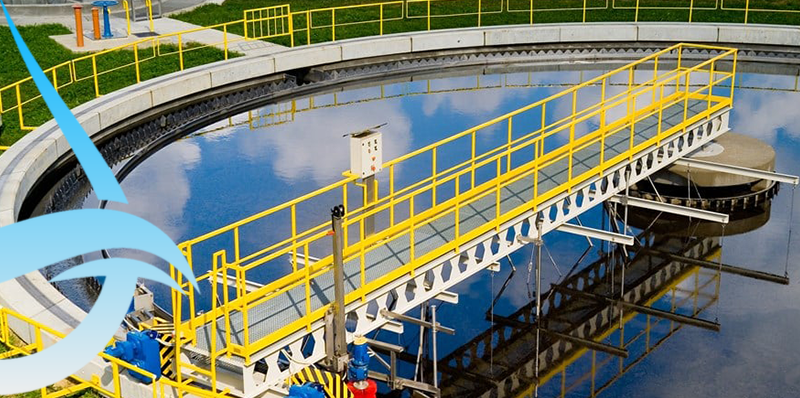Caustic soda in water purification: Caustic soda, also known as sodium hydroxide, is a highly versatile chemical compound widely used in various industrial applications. One of its significant applications is in water purification. This essay aims to explore the prominent role of caustic soda in the process of water purification and its efficacy in ensuring the supply of safe and clean drinking water.
pH adjuster
To begin with, caustic soda serves as an excellent pH adjuster in water treatment plants. The pH level of water plays a crucial role in determining its quality and safety for consumption. By adding caustic soda to water, the highly reactive hydroxide ions neutralize any acidity, effectively raising the pH level to a desirable and safe range. Thus, caustic soda acts as a vital agent in maintaining the pH balance of water during the purification process.
Water softening
Furthermore, caustic soda plays an integral role in water softening. Hard water contains excessive amounts of dissolved minerals, primarily calcium and magnesium ions, which can lead to various issues such as scaling and reduced detergent effectiveness. Through a process called ion exchange, the addition of caustic soda assists in removing these unwanted minerals, thereby softening the water and improving its quality for domestic and industrial use.
Disinfection
Another crucial function of caustic soda in water purification is its role in disinfection. Chemical disinfection methods utilizing chlorine or chlorine-based compounds are commonly employed to eliminate harmful microorganisms present in water. However, these chlorine compounds can form unwanted byproducts during the disinfection process. By adding caustic soda to water, the basic solution helps to reduce the formation of these harmful byproducts, ensuring more effective disinfection while minimizing potential health hazards.
Auxiliary in coagulation and flocculation
Moreover, caustic soda is an essential component in the process of coagulation and flocculation. Coagulation involves the addition of certain chemicals to water to form larger particles, referred to as flocs. Flocculation then promotes the agglomeration of these flocs into larger, settleable masses. Caustic soda acts as a coagulating agent by aiding in the formation of flocs and enhancing the overall efficiency of the purification process. It assists in the removal of suspended particles, colloids, and organic matter from water, leading to improved clarity and reduced turbidity.
supports mechanical filtration
In addition to its role in chemical processes, caustic soda also supports mechanical filtration systems. In water treatment plants, caustic soda is often added to filter media beds, such as sand, to enhance their performance. The addition of caustic soda helps prevent clogging and fouling of the filters, ensuring a more efficient removal of impurities and sediments from the water. Its alkaline nature aids in maintaining the optimal conditions for filtration, prolonging the lifespan and effectiveness of the filtration system.
Furthermore, caustic soda has a significant impact on the efficiency of membrane filtration processes. Membrane filtration, including reverse osmosis and ultrafiltration, utilizes semi-permeable membranes to separate contaminants from water. However, these membranes can experience fouling due to the formation of biofilms and the accumulation of organic matter. Caustic soda, when used as a cleaning agent, effectively dissolves and removes these deposits, thereby improving the overall performance and longevity of the membrane filtration system.
In conclusion, caustic soda plays a crucial role in water purification processes. From adjusting pH levels to softening water, from assisting in disinfection to aiding in coagulation and flocculation, caustic soda has proven to be an indispensable component in ensuring the supply of clean and safe drinking water. Its versatility and effectiveness in various water treatment methods make it a valuable chemical compound in the global efforts towards providing access to potable water for all.








